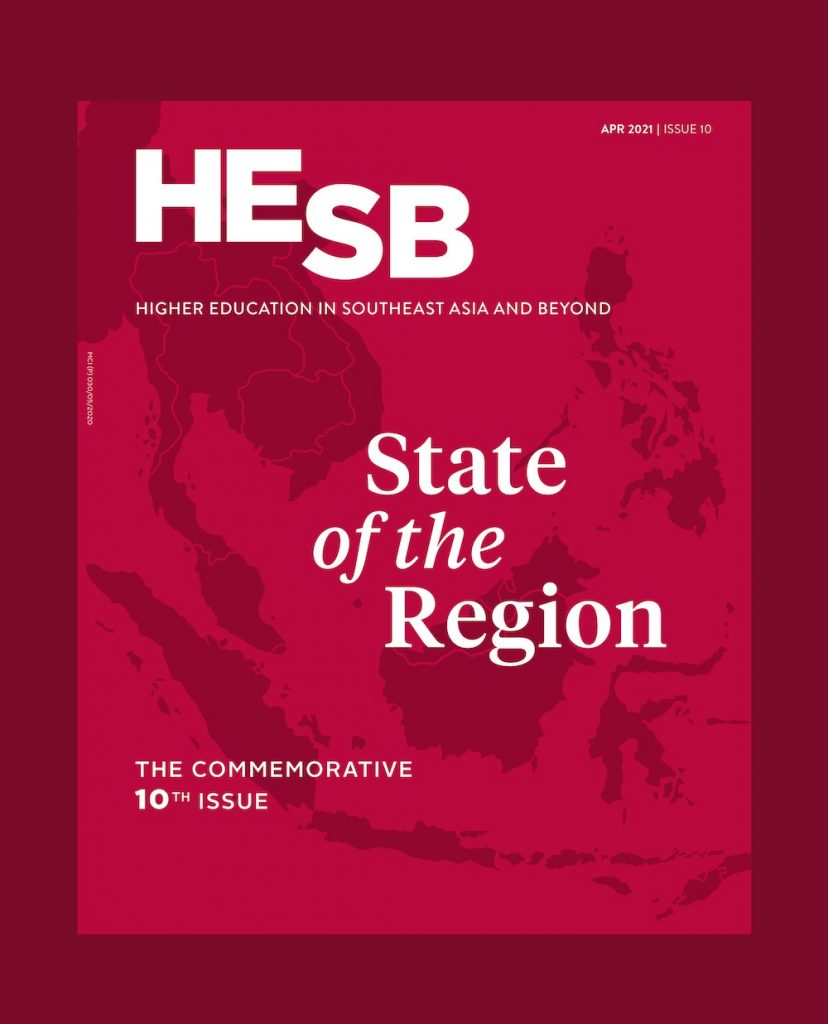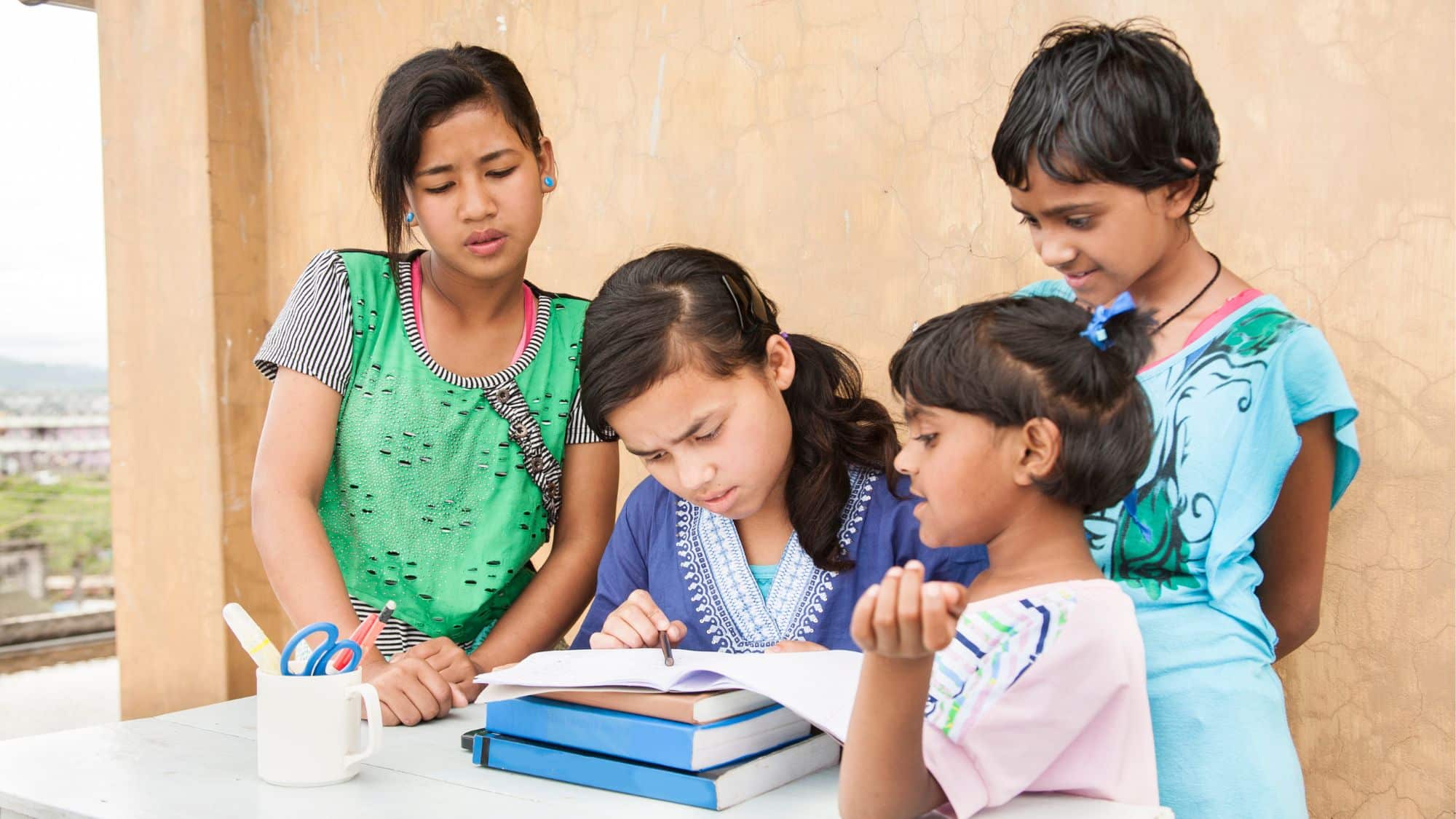In the next two decades (2020-2040), the Philippines will deepen its focus on the internationalisation of Philippine higher education, enhance regional and global partnerships, and increasingly benchmark internationally to enhance the quality of the country’s higher education sector. There may also be increasing regional partnerships within the ASEAN member countries and its dialogue partners, not only in terms of international student mobility, but also in the delivery and recognition of higher education courses and programmes. Furthermore, the increased focus on digital delivery of higher education caused by the recent health emergency (COVID-19) may not only influence the shift to a hybrid of traditional and digital delivery of higher education, but also enhance digital higher education partnerships within ASEAN and its dialogue partners.
Internationalisation and Global Rankings
Although the Enhanced Basic Education Act (2013), the Universal Access to Tertiary Education Act (2017), and the development of Centres of Excellence/Development clearly show the country’s focus on enhancing quality and access to Philippine higher education, international standards and benchmarking have also been undertaken including significant use of International Organization for Standardization (ISO) certifications in both public and private higher education institutions. The mandated use of outcomes-based education in Philippine higher education and the 2019 Policy Standards and Guidelines on Graduate Education, which changed the typology and requirements (including at least one publishable journal article or a capstone project), can also be seen as a result of international benchmarking and practices.
Since 2004, there has been an ongoing process of developing the ASEAN Higher Education Area, and the past years have focused on enhancing ASEAN university co-operation, intra-ASEAN student mobility, and developing harmonisation tools that serve as a strong foundation for higher education co-operation between ASEAN member states.
At the policy level, the focus on internationalisation of Philippine higher education can be seen in the institutionalisation (and eventual passing to law) of the Philippine Qualifications Framework, which is to be refereed with the ASEAN Qualifications Reference Framework. In 2016, the Commission on Higher Education (CHED) not only developed its framework and strategies on internationalisation of Philippine higher education (CHED Memo Order [CMO] 52), but also developed standards and regulations for transnational education programmes (CMO 62). The latest draft of the Philippine internationalisation roadmap, which includes key results areas, indicators, strategic initiatives and programmes, suggests a strengthening of internationalisation of Philippine higher education at sectoral, institutional, individual and systemic levels. The draft roadmap also emphasises the importance of creating a Philippine higher education brand, revitalising and enhancing global and regional partnerships, and capacity-building to promote and sustain the internationalisation of Philippine higher education.
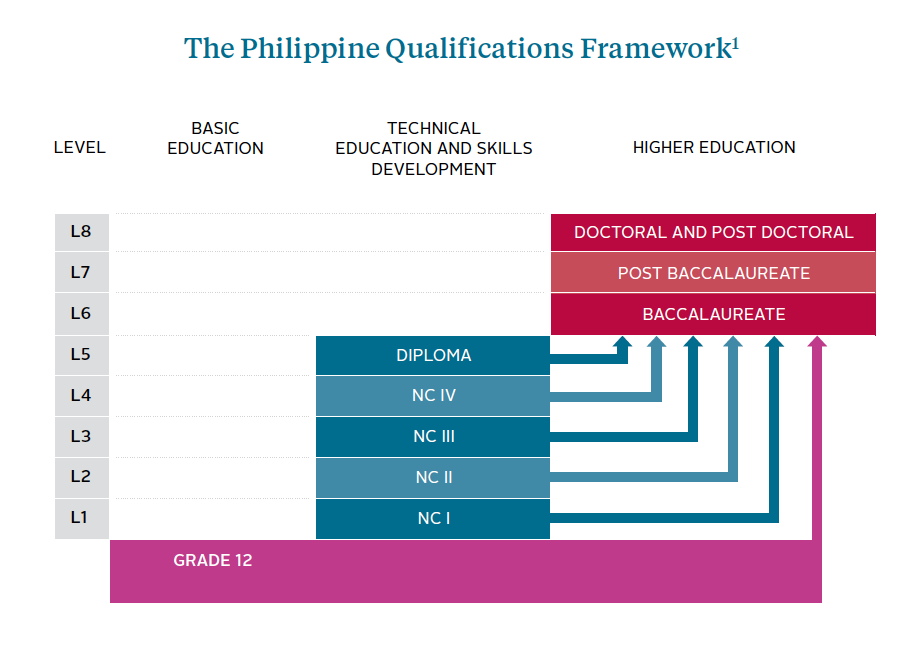
1 Philippine Government, “Philippine Qualifications Framework”, accessed February 17, 2021, https://pqf.gov.ph/
At the functional level, the CHED and a significant number of Philippine higher education institutions have engaged in several internationalisation initiatives with national, ASEAN, and regional and global projects. These include the Europe-funded Tuning Asia-South East and the ANTENA projects, which focus on programme level harmonisation of learning outcomes and capacity building for the internationalisation of Philippine higher education, and the British Council’s “Study on Capacity Building and Institutional Development of Higher Education in the Philippines through Transnational Education”. Furthermore, the Philippines, including several of its higher education institutions, is actively participating in the various activities and programmes organised by the ASEAN University Network and the Southeast Asian Ministers of Education Organization-Regional Centre for Higher Education and Development (SEAMEO-RIHED). Since 2004, there has been an ongoing process of developing the ASEAN Higher Education Area, and the past years have focused on enhancing ASEAN university co-operation, intra-ASEAN student mobility, and developing harmonisation tools that serve as a strong foundation for higher education co-operation between ASEAN member states.
The Philippines, in its ambition to create a knowledge-driven society, not only aims to develop internationally recognised and competent graduates, but also to gain international recognition for the quality of Philippine higher education. Aside from tweaking the country’s higher education system, the Philippines also envisions having several higher education institutions ranked in global university rankings.
The QS World University Rankings: Asia 2021 had 14 Philippine higher education institutions ranked. This went beyond the initial target of having at least 10 Philippine higher education institutions globally ranked by 2022. Various CHED initiatives, including funding for institutional research, international accreditations, faculty development scholarships, networking events, mentoring on the development of institutional internationalisation strategies, and even funding for publishing journals, are designed to enhance the quality and internationalisation of Philippine higher education institutions. At the faculty level, both at public and private institutions, international research publications are increasingly becoming a major criterion for promotions mirroring the “publish or perish” phenomenon in the global higher education sector.
2 Commission on Higher Education, Republic of the Philippines, “2019 QS World University Rankings of Philippine HEIs”.
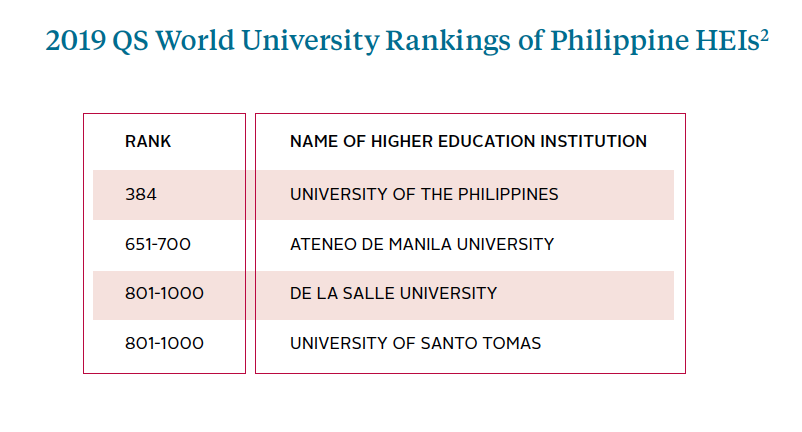
Higher Education and Emergencies
The recent COVID-19 pandemic has brought about significant challenges to the global higher education sector, including in the Philippines. Apart from the need to equip the higher sector of emergency mitigation efforts, the increasing use of digital technology in the delivery of higher education by most higher education systems is a fact. However, how does this impact the future development of the internationalisation of Philippine higher education? In October 2020, ASEAN education ministers called for the transformation of digital education, while in November 2020, the Korea Foundation together with the Sejong Institute organised the 2020 ASEAN-ROK Partnership Seminar “Building Resilience, Pioneering the Future”, where one of the key topics focused on “ASEAN-ROK cooperation for evolving digital education in the Untact era”. The increased interest in digital education cooperation, along with the utilisation of digital technologies in the higher education sector hints that national, regional and global higher education cooperation will include both traditional and digital education in the coming decades. Systemic changes will possibly occur in the coming decade to develop new rules and standards that incorporate digital education to ensure quality, relevance, and recognition of programmes, courses, and even micro-courses in the higher education sector.
Internationalisation of Philippine higher education will no longer be limited to the offering of traditional programmes, but will eventually include digital programmes at least initially within the ASEAN region. In fact, in October 2020 amidst the health pandemic, Saint Paul University, Cebu Normal University, and the Philippine Normal University (all Philippine Centres of Excellence in teacher education), together with the CHED and the Philippine Embassy in Phnom Penh, launched the “Developing Global Filipino Teachers Program” to equip, capacitate and enhance competencies of 1,152 Filipino teachers in Cambodia to qualify them in teaching positions and ensure higher salaries. Although not a full higher education programme, this example highlights the use of digital technology in Philippine higher education to offer educational services in an ASEAN member state.
The Future of Philippine Higher Education
The Philippine higher education sector, its policy initiatives and activities are aimed at developing the Philippines as a knowledge-based society. To achieve this goal, internationalising Philippine higher education, building and enhancing global and regional partnerships, and increasing Philippine higher education presence in the global university rankings are foreseen to be necessary initiatives in the next two decades. Furthermore, the shift to and increased usage of digital technology in Philippine higher education may lead to a hybrid of both traditional and digital education in the coming years.
It is envisioned that the Philippine higher education sector will be more open to transnational education providers and potentially international faculty with its strong focus on internationalisation and the further implementation of Philippine policies on transnational education.
Philippine higher education 2030–2040 can be envisioned to be internationally benchmarked (initially within ASEAN standards but eventually with global standards) with an increasing number of joint programmes and transnational programmes offered and delivered by Philippine higher education institutions. With increasing pressure to publish in Philippine academia and the changes in graduate education, there is a strong possibility of having more Philippine higher education institutions ranked in Asian and even global university rankings. It is envisioned that the Philippine higher education sector will be more open to transnational education providers and potentially international faculty with its strong focus on internationalisation and the further implementation of Philippine policies on transnational education. This renewed focus is also highlighted through the passage of the Transnational Higher Education Act in 2019.
Although there may be challenges in international programme mobility from Philippine higher education institutions, there is a strong potential for joint programme development and delivery within the ASEAN region and higher education institutions from ASEAN member states. Intra-ASEAN student and faculty mobility are foreseen to increase but the pace of increase will depend on the relevant ASEAN mechanisms and funding developed, as well as bilateral arrangements between the Philippines and partner countries not limited to ASEAN and ASEAN+3 countries. There is a strong possibility of continuing education or short courses delivered by Philippine higher education institutions, particularly to enhance the skills and competencies of overseas Filipinos workers in the next decade. Although the foundation for internationalisation of Philippine higher education is developed at the policy level, it remains a work in progress, but if sustained, Philippine higher education has the potential to deliver international quality education to its citizens at home and abroad, and to several other countries seeking an English-language based budget-friendly international education.
ROGER Y. CHAO
Roger Y. Chao, JR is an international education development consultant.
LORRAINE PE SYMACO
Lorraine Pe Symaco is a ZJU100 Professor at Zhejiang University, China.
